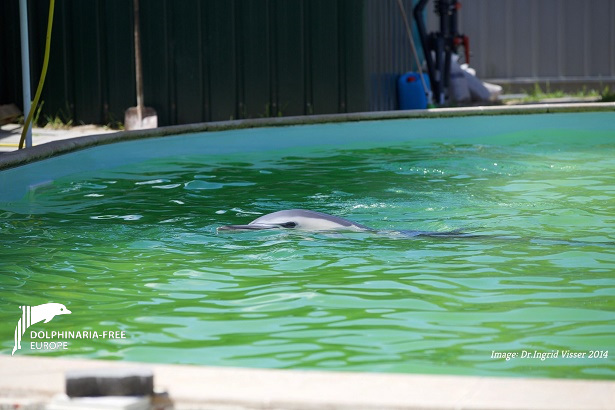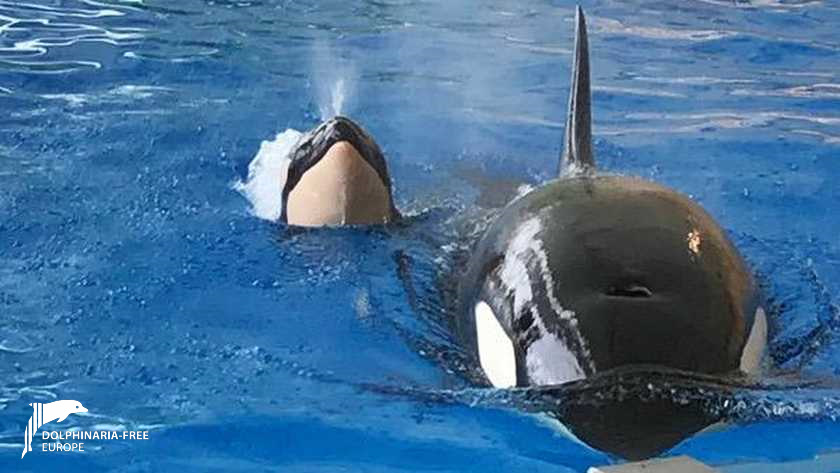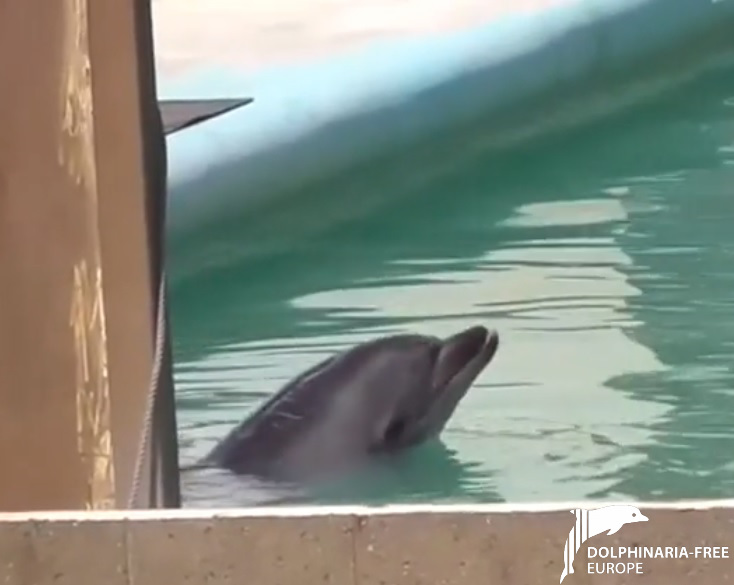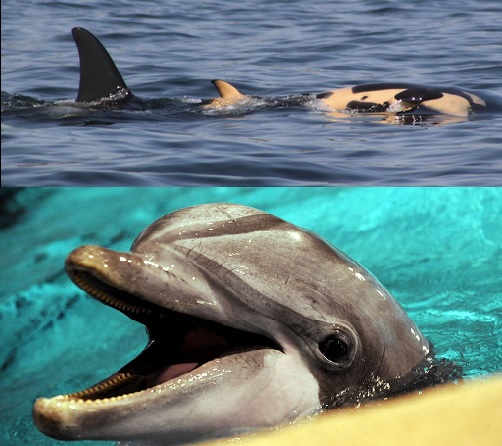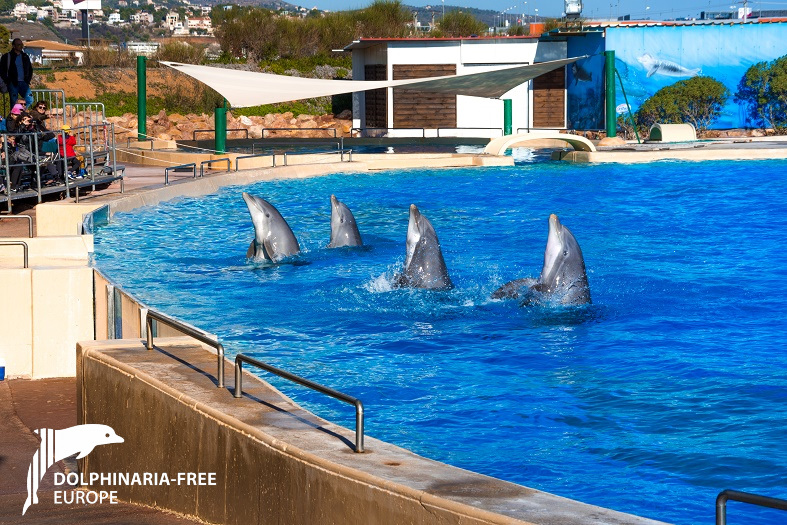 Following ongoing complaints and two years of campaigning against the dolphin shows at Attica Zoo Park in Greece, which flaunts laws banning animals being used to perform in shows, environmental inspectors have found the Park in violation of Greek law with regards to dolphin performances at the park.
Following ongoing complaints and two years of campaigning against the dolphin shows at Attica Zoo Park in Greece, which flaunts laws banning animals being used to perform in shows, environmental inspectors have found the Park in violation of Greek law with regards to dolphin performances at the park.
The following infringements were noted:
- The facility had been operating without a licence for a period of 4 years from 18-3-2013 to 30-7-2017
The facility did submit a license (2448/31-07-2017) however this was issued after the inspection had been undertaken by the Dept of Rural and Veterinary Policy of the Prefecture of Attica on 3.11.2016.
- Infringements of Greek law N.4039/12 Article 13
This states that “keeping animals in parks is allowed under the condition that no shows take place with the participation of animals”. On the date of the inspection 3-11-2016, it was confirmed that at 11:00 a dolphin show took place in a restricted access area, in front of zoo visitors for 20 minutes. A fee of €3 per person was charged by those in charge of the facility. This was clearly in breach of the above law.
Article 12 and 13 of Law N.4039/2012 have further been revised (article 46, paragraphs 8 and 9 N.4235/2014 to read: “Article 12: Prohibition in the use of any animal in any type of show and similar activities.
1 – It is forbidden to keep any kind of animal in a circus or variety show, if the animals are used in any way and for any reason in their programme, perform in shows or march or appear before an audience.
2 – It is forbidden to use any kind of animal in entertainment games companies, car shows, music festivals, folk festivals or other art or entertainment events if the animals are used in any way and for any reason in their programmes.
2a – Without prejudice to the provisions of article 7, it is forbidden to use animals in an outdoor public display with the purpose of economic profit.
Attica Park claimed ‘biased misinterpretation of the law’ and ‘effort to create negative impressions’ on the park of the Environmental Inspectors, stating that this negates the violations. However, their claims cannot be accepted as the Inspectors noted down in their report what they saw during their inspection and it was on this their report was based.
Furthermore, the facility owners claimed that they did have educational signs within the restricted activity area. However ,the show viewed by Inspectors on the day took place at a predetermined time in front of a paying audience where the dolphins were forced to perform a set of pre-determined exercises – not as a result of a natural or spontaneous behaviour but to command for food reward by trainers who also encouraged applause from the audience.
The company also claim that since January 2017 no fee has been charged for the dolphin show, rather a fee to enter the Zoo as a whole; this statement shows the for-profit character of this activity and again does not negate the violation to the prohibition of keeping animals for shows (articles 12 and 13 or N.4039/2012.
The Dolphinaria-Free Europe coalition will continue to support all attempts to have the Greek authorities now impose the existing law banning performances with animals, which clearly Attica Park has been found in violation of, and are calling for the park to be closed.
CLOSE ATTICA PARK
Please support the campaign by emailing the following asking them to impose the law with immediate effect:
Mr Giorgos Stathakis
Minister of the Environment
secmin@ypen.gr
Mr Stavros Arachovitis
Minister of Rural Development & Food
s.arachovitis@parliament.gr
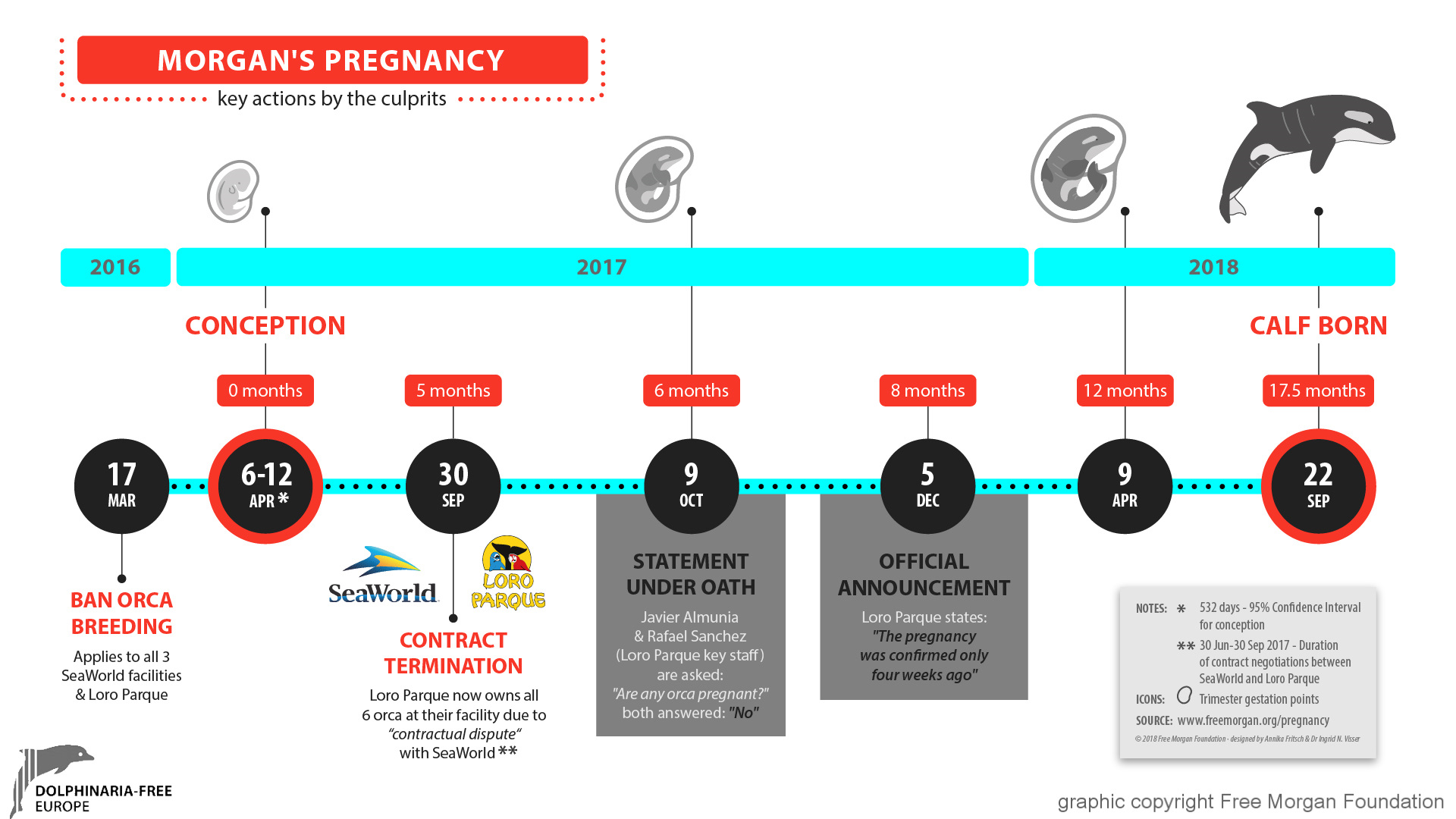

 Following ongoing complaints and two years of campaigning against the dolphin shows at Attica Zoo Park in Greece, which flaunts laws banning animals being used to perform in shows, environmental inspectors have found the Park in violation of Greek law with regards to dolphin performances at the park.
Following ongoing complaints and two years of campaigning against the dolphin shows at Attica Zoo Park in Greece, which flaunts laws banning animals being used to perform in shows, environmental inspectors have found the Park in violation of Greek law with regards to dolphin performances at the park.